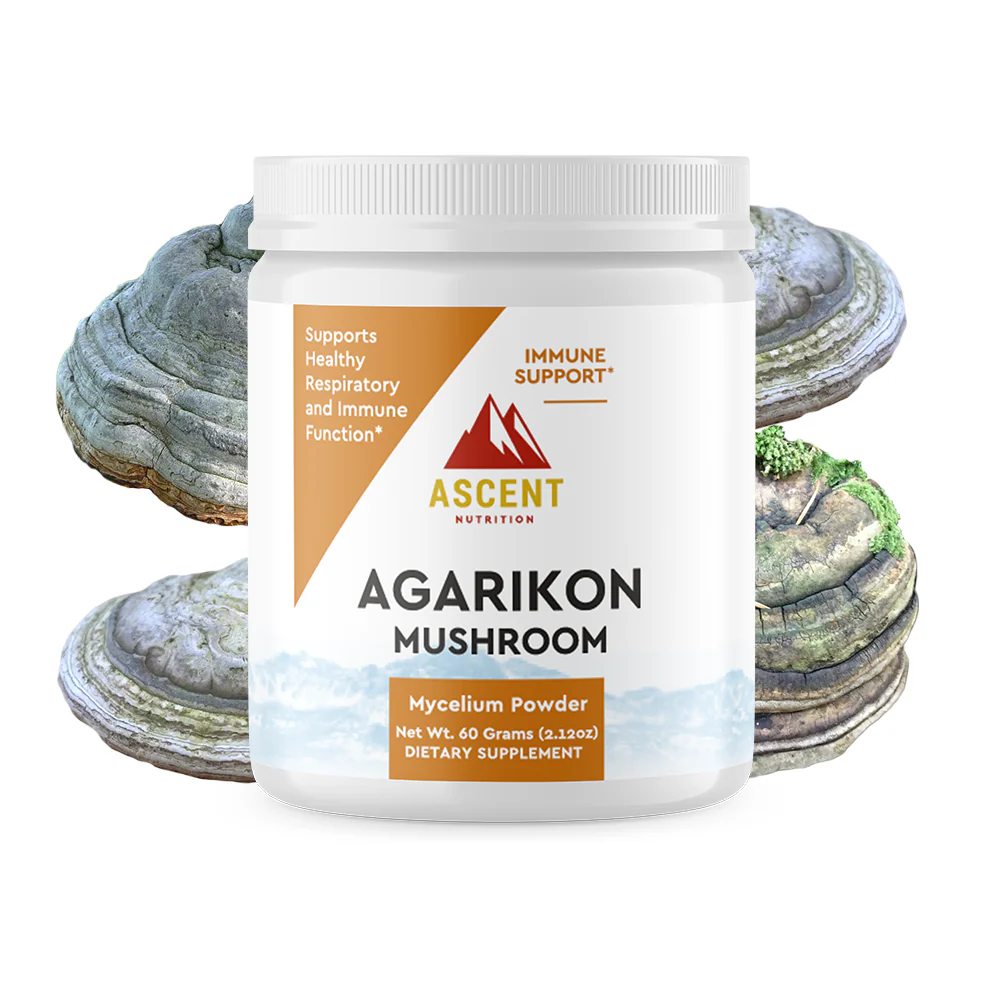(Neuroscience News) A diet rich in fermented foods, such as yogurt and kimchi, can help to improve gut microbiome diversity and reduce symptoms of chronic inflammation, a new study reports.
Related Study Explains How Diet, Exercise and the Endocannabinoid System Contribute to Healthy Aging
by Staff Writer, July 12th, 2021
A diet rich in fermented foods enhances the diversity of gut microbes and decreases molecular signs of inflammation, according to researchers at the Stanford School of Medicine.
In a clinical trial, 36 healthy adults were randomly assigned to a 10-week diet that included either fermented or high-fiber foods. The two diets resulted in different effects on the gut microbiome and the immune system.
Eating foods such as yogurt, kefir, fermented cottage cheese, kimchi and other fermented vegetables, vegetable brine drinks, and kombucha tea led to an increase in overall microbial diversity, with stronger effects from larger servings.
“This is a stunning finding,” said Justin Sonnenburg, PhD, an associate professor of microbiology and immunology. “It provides one of the first examples of how a simple change in diet can reproducibly remodel the microbiota across a cohort of healthy adults.”
In addition, four types of immune cells showed less activation in the fermented-food group. The levels of 19 inflammatory proteins measured in blood samples also decreased. One of these proteins, interleukin 6, has been linked to conditions such as rheumatoid arthritis, Type 2 diabetes and chronic stress.
“Microbiota-targeted diets can change immune status, providing a promising avenue for decreasing inflammation in healthy adults,” said Christopher Gardner, PhD, the Rehnborg Farquhar Professor and director of nutrition studies at the Stanford Prevention Research Center. “This finding was consistent across all participants in the study who were assigned to the higher fermented food group.”
Microbe diversity stable in fiber-rich diet
By contrast, none of these 19 inflammatory proteins decreased in participants assigned to a high-fiber diet rich in legumes, seeds, whole grains, nuts, vegetables and fruits. On average, the diversity of their gut microbes also remained stable.
“We expected high fiber to have a more universally beneficial effect and increase microbiota diversity,” said Erica Sonnenburg, PhD, a senior research scientist in basic life sciences, microbiology and immunology.
“The data suggest that increased fiber intake alone over a short time period is insufficient to increase microbiota diversity.”
The study published online July 12 in Cell. Justin and Erica Sonnenburg and Christopher Gardner are co-senior authors. The lead authors are Hannah Wastyk, a PhD student in bioengineering, and former postdoctoral scholar Gabriela Fragiadakis, PhD, who is now an assistant professor of medicine at UC-San Francisco.
A wide body of evidence has demonstrated that diet shapes the gut microbiome, which can affect the immune system and overall health. According to Gardner, low microbiome diversity has been linked to obesity and diabetes.
“We wanted to conduct a proof-of-concept study that could test whether microbiota-targeted food could be an avenue for combatting the overwhelming rise in chronic inflammatory diseases,” Gardner said.
The researchers focused on fiber and fermented foods due to previous reports of their potential health benefits. While high-fiber diets have been associated with lower rates of mortality, the consumption of fermented foods can help with weight maintenance and may decrease the risk of diabetes, cancer and cardiovascular disease.
The researchers analyzed blood and stool samples collected during a three-week pre-trial period, the 10 weeks of the diet, and a four-week period after the diet when the participants ate as they chose.
The findings paint a nuanced picture of the influence of diet on gut microbes and immune status. On one hand, those who increased their consumption of fermented foods showed similar effects on their microbiome diversity and inflammatory markers, consistent with prior research showing that short-term changes in diet can rapidly alter the gut microbiome.
On the other hand, the limited change in the microbiome within the high-fiber group dovetails with the researchers’ previous reports of a general resilience of the human microbiome over short time periods.
Designing a suite of dietary and microbial strategies
The results also showed that greater fiber intake led to more carbohydrates in stool samples, pointing to incomplete fiber degradation by gut microbes. These findings are consistent with other research suggesting that the microbiome of people living in the industrialized world is depleted of fiber-degrading microbes.
“It is possible that a longer intervention would have allowed for the microbiota to adequately adapt to the increase in fiber consumption,” Erica Sonnenburg said. “Alternatively, the deliberate introduction of fiber-consuming microbes may be required to increase the microbiota’s capacity to break down the carbohydrates.”

Stanford researchers found that eating a diet high in fermented foods such as kimchi increases the diversity of gut microbes, which is associated with improved health.
In addition to exploring these possibilities, the researchers plan to conduct studies in mice to investigate the molecular mechanisms by which diets alter the microbiome and reduce inflammatory proteins. They also aim to test whether high-fiber and fermented foods synergize to influence the microbiome and immune system of humans.
Another goal is to examine whether the consumption of fermented food decreases inflammation or improves other health markers in patients with immunological and metabolic diseases, and in pregnant women and older individuals.
“There are many more ways to target the microbiome with food and supplements, and we hope to continue to investigate how different diets, probiotics and prebiotics impact the microbiome and health in different groups,” Justin Sonnenburg said.
Other Stanford co-authors are Dalia Perelman, health educator; former graduate students Dylan Dahan, PhD, and Carlos Gonzalez, PhD; graduate student Bryan Merrill; former research assistant Madeline Topf; postdoctoral scholars William Van Treuren, PhD, and Shuo Han, PhD; Jennifer Robinson, PhD, administrative director of the Community Health and Prevention Research Master’s Program and program manager of the Nutrition Studies Group; and Joshua Elias, PhD.
10 times more effective than ribavirin against Herpes (HSV1, HSV2), Swine flu (H1N1), Bird flu (H1N4), Pox (cowpox). Studied by the DoD for the Bioshield program. Get your Agarikon biodefense from Ascent Nutrition, one of the most pure and potent in the industry. Save 10% and get free shipping with a subscription!“I felt like I was getting a cold, but Agarikon stopped it in its tracks.”
Organic AGARIKON fights Viruses & Bio-warfare, and much more!
Stillness in the Storm Editor: Why did we post this?
The news is important to all people because it is where we come to know new things about the world, which leads to the development of more life goals that lead to life wisdom. The news also serves as a social connection tool, as we tend to relate to those who know about and believe the things we do. With the power of an open truth-seeking mind in hand, the individual can grow wise and the collective can prosper.
– Justin
Not sure how to make sense of this? Want to learn how to discern like a pro? Read this essential guide to discernment, analysis of claims, and understanding the truth in a world of deception: 4 Key Steps of Discernment – Advanced Truth-Seeking Tools.
Stillness in the Storm Editor’s note: Did you find a spelling error or grammatical mistake? Send an email to [email protected], with the error and suggested correction, along with the headline and url. Do you think this article needs an update? Or do you just have some feedback? Send us an email at [email protected]. Thank you for reading.
Source:
https://neurosciencenews.com/fermeneted-food-microbiome-inflammation-18909/
Support our work! (Avoid Big Tech PayPal and Patreon)DIRECT DONATION


Leave a Reply